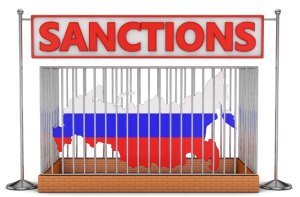The EU responded to the skirmishes and Russia’s apparent military support for pro-Russian separatists in Ukraine – not to mention Russia’s annexation of Crimea — by placing sanctions on the country but these are up for renewal in January 2017 and are likely to be a source of contention too at the Council’s meeting next month, analysts believed.
Sanctions regarding the crisis in Ukraine include restrictive measures and asset freezes on entities and individuals deemed by the EU to bear “responsibility for actions which undermine or threaten the territorial integrity, sovereignty and independence of Ukraine” were extended last week until March 2017.
However, sanctions regarding the “illegal annexation” of Crimea are of a more economic (and, arguably, more damaging) nature. They include an import ban on goods from that region and restrictions on trade and investment. They are due to expire on 31 January 2017 at which point the EU will announce whether it will extend or revoke them.
“EU sanctions easing against Russia in January 2017 is looking less likely, given Russia’s lack of compliance against the Minsk benchmarks,” Rahman, Kupchan and Bridau said.
“However, Berlin and Paris recognize Minsk is not delivering; as such, October’s European Council is likely to kick-start a debate on moving towards a more “step-by-step” approach, paving the way for sanctions easing after January,” the analysts added.
via CNBC
